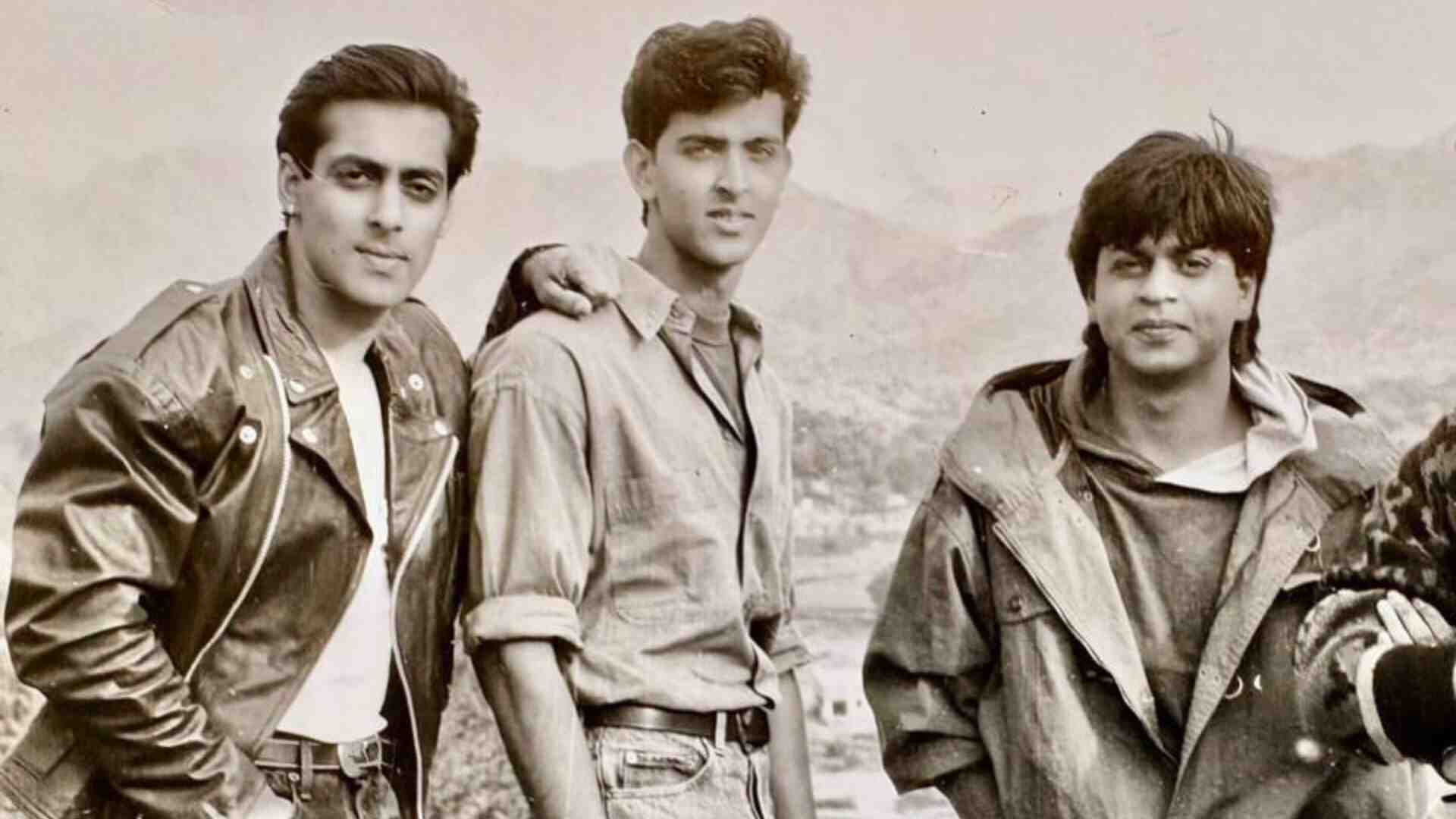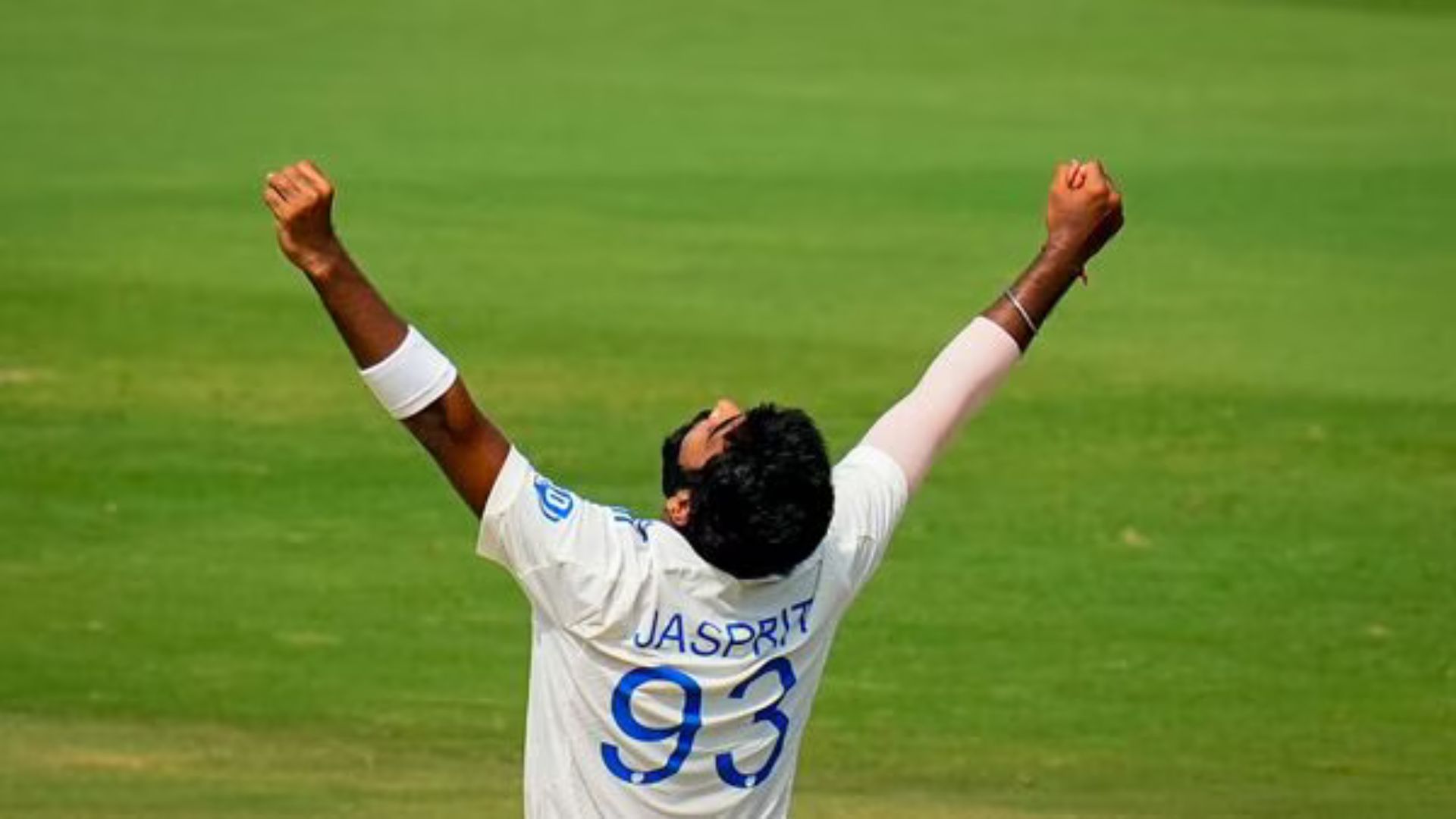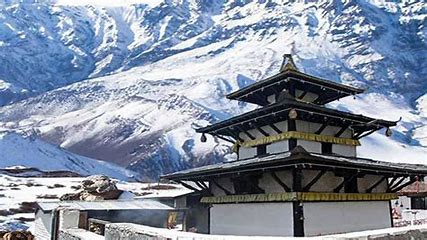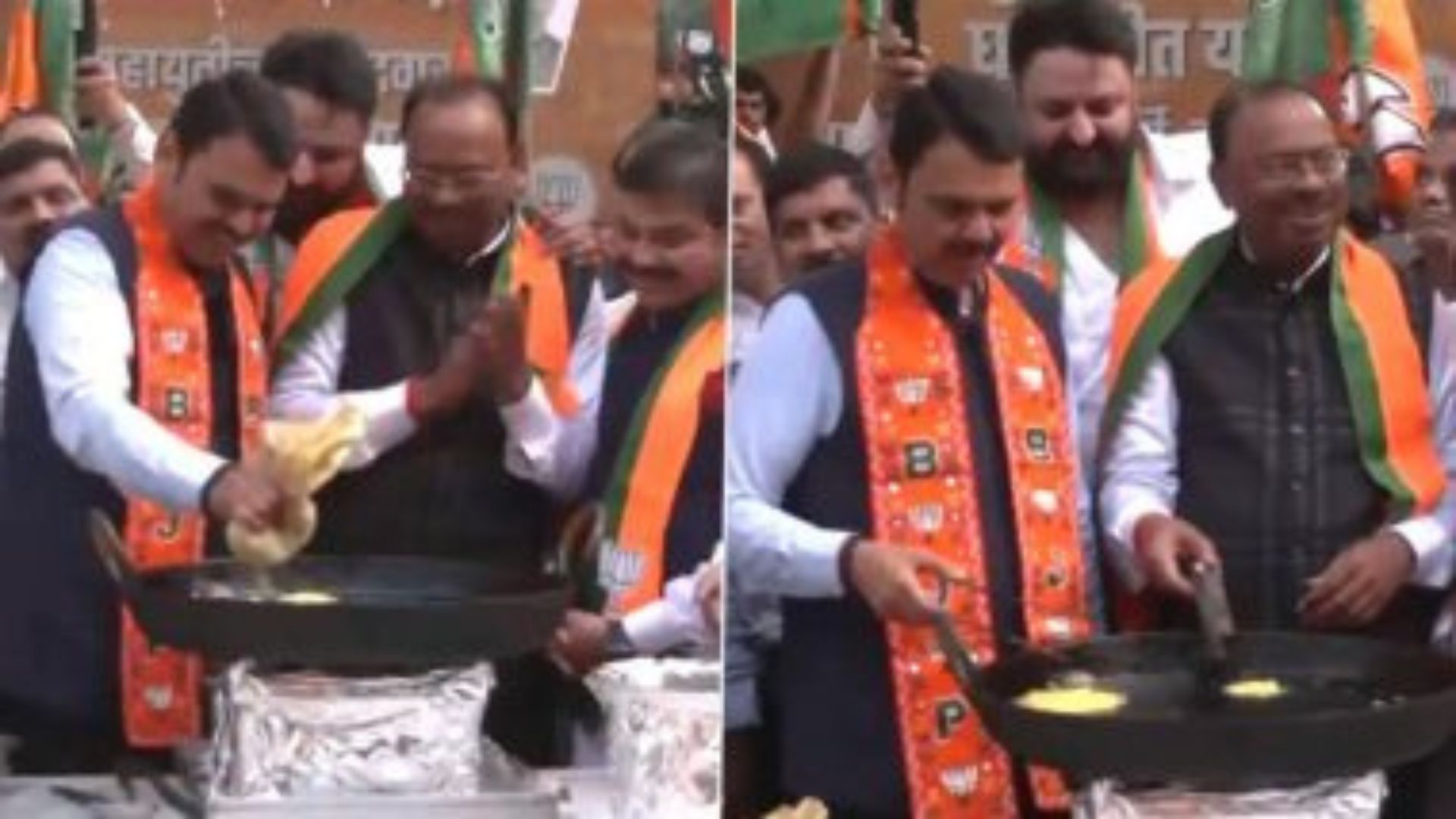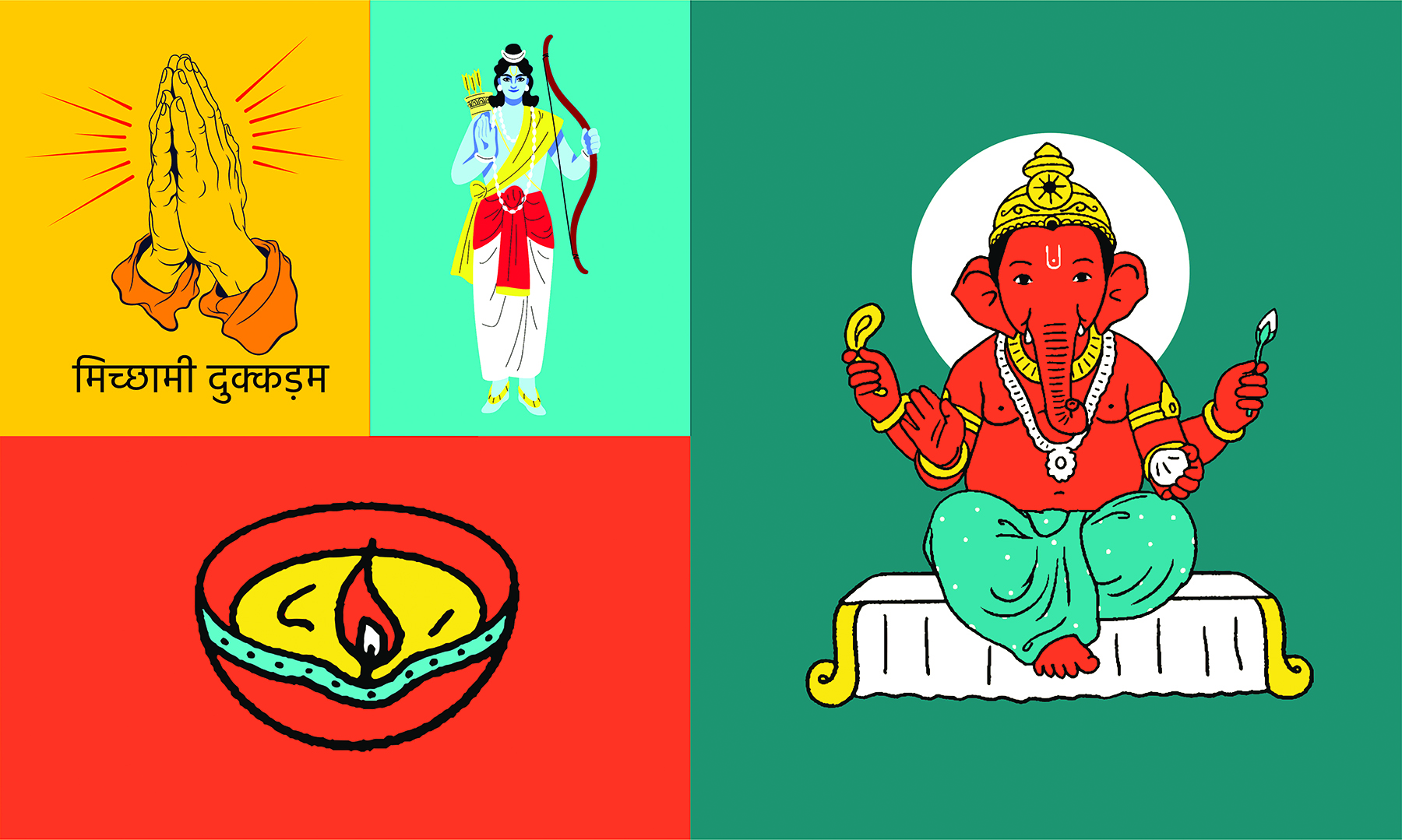
There is a scientific basis behind every festival in India, and all of them carry significant message and the power to bring people closer.
I recently observed the Paryushan Parva and now find myself immersed in the joy of Ganeshotsav. Would I have experienced this happiness if I had been born in any other country? This question fills me with pride, as it makes me realise how fortunate I am to be born as an Indian. My culture fills me with a sense of pride.
I have had the opportunity to visit numerous countries across the world, and I have friends in many of them, belonging to different cultures, religions and beliefs. They often ask me one question: “How many festivals are celebrated in India, and why do Indians celebrate so many of them with so much love and enthusiasm?” I tell them that it is difficult to keep count of all the festivals we celebrate. Some are observed on a national level while others are purely local. But one thing is certain that our festivals are deeply connected to nature.
Each one of them stands the test of science. On the last day of the Paryushan Parva, during Samvatsari, I performed Pratikraman, a ritual where I sought forgiveness from 84 lakh living organisms for any harm caused to them, knowingly or unknowingly. If I had harboured ill thoughts or spoken harshly, I bowed and folded my hands to seek forgiveness — not only from my elders but also from those younger than me, including my colleagues and even those who clean my house. Our culture teaches us that there is nothing greater than the ability to seek and offer forgiveness. Lord Mahavir gave us the mantra of forgiveness, non-violence, non-possession and truthfulness, emphasising that the world would become a symbol of humanity if everyone followed these principles. Lord Mahavir introduced the idea of ‘Anekantavada’ — the notion that there are multiple perspectives to everything. You may be right from your point of view and I may be right from mine. In scientific terms, this is akin to a three-dimensional approach. If everyone adopts this thinking, all conflicts could be resolved. Lord Buddha also spoke of awakening consciousness. Imagine if we all became more conscious, how much more rational and wise our society would become!
I am currently basking in the joy of Ganeshotsav, and one beautiful message has caught my attention:
Hey riddhi-siddhi ke data,
Prem se bhari hui aankh dena,
Shraddha se jhuka hua sir dena,
Sahyog karte hue haath dena,
Sanmarg par chalte hue paon dena,
Sumiran karta hua mann dena,
Satya se judi hui jivha dena,
Hey ishwar,
Apne sabhi bhakton ko apni,
Kripadrishti se nihaal kar dena.
The beauty of our culture is that we pray not only for ourselves but for everyone. Such broad thinking is a gift of our culture, which sees life in every animate and inanimate being. We not only worship animals and birds but also revere stones because we believe that everything in the universe is worthy of respect. For us, the five elements of life — earth, sky, air, water and fire — are all sacred.
As Ganeshotsav is in full swing, I recall an incident. A foreigner friend of mine happened to visit Mumbai during the festival. He was astonished by the enthusiasm and could not understand the depiction of Lord Ganesh, with a human body and an elephant’s head. “Is this even possible?” he asked. I narrated the mythological story behind Lord Ganesh’s head and explained that in our culture, this symbolises the equal respect we give to all living beings. That’s why we also worship the mouse, which is Lord Ganesh’s ‘vahana’ (vehicle)! I told him stories about Holi, Dussehra and Diwali festivals. I shared the personality of Ravan, how he was a learned and powerful individual, even feared by gods. Yet, his arrogance made him an evil person. In Indian culture, Ravan ‘dahan’ (burning) represents the destruction of evil within ourselves. I shared stories from festivals like Pola, Lohri and Bihu. As a result, my foreigner friend was so impressed that he folded his hands in reverence. He acknowledged that Indian festivals carry messages of respect for nature, human welfare and deep-rooted humanity. We have a flowing stream of harmony. As a child, I used to dress as a lion and dance before Tazia during Muharram. Christmas filled our home with joy, and to this day, we celebrate Christmas with great enthusiasm. This is the strength of our culture.
It fills me with pride when foreigners acknowledge the greatness of our culture, but it also saddens me when I meet Indians who, swayed by the winds of modernity, feel that our traditions are backward. These individuals are not introducing their children to our culture properly. They need to understand that a society distanced from its culture weakens the very foundation of its existence. As the festive season begins, I urge you all to embrace the spirit of festivals. Festivals bring people closer, unite them and provide economic opportunities too for everyone. Turn the celebration of festivals into a celebration of life and you will feel energised! That is the true purpose of festivals.
The author is the chairman, Editorial Board of Lokmat Media and former member of Rajya Sabha.


